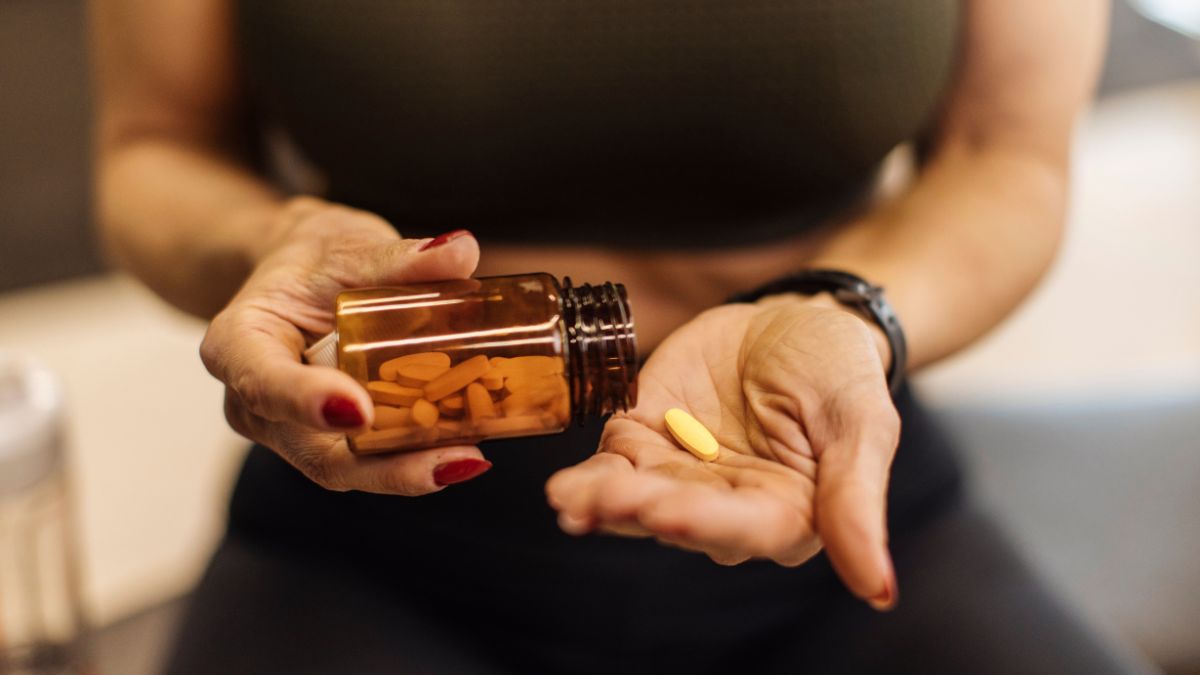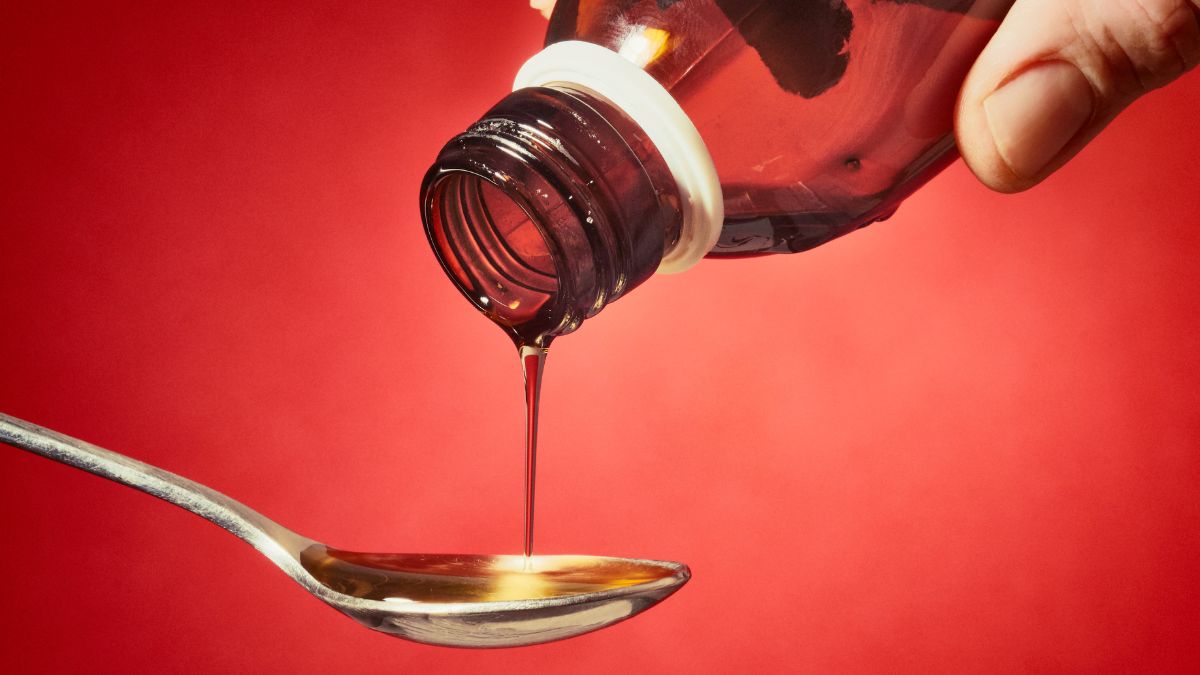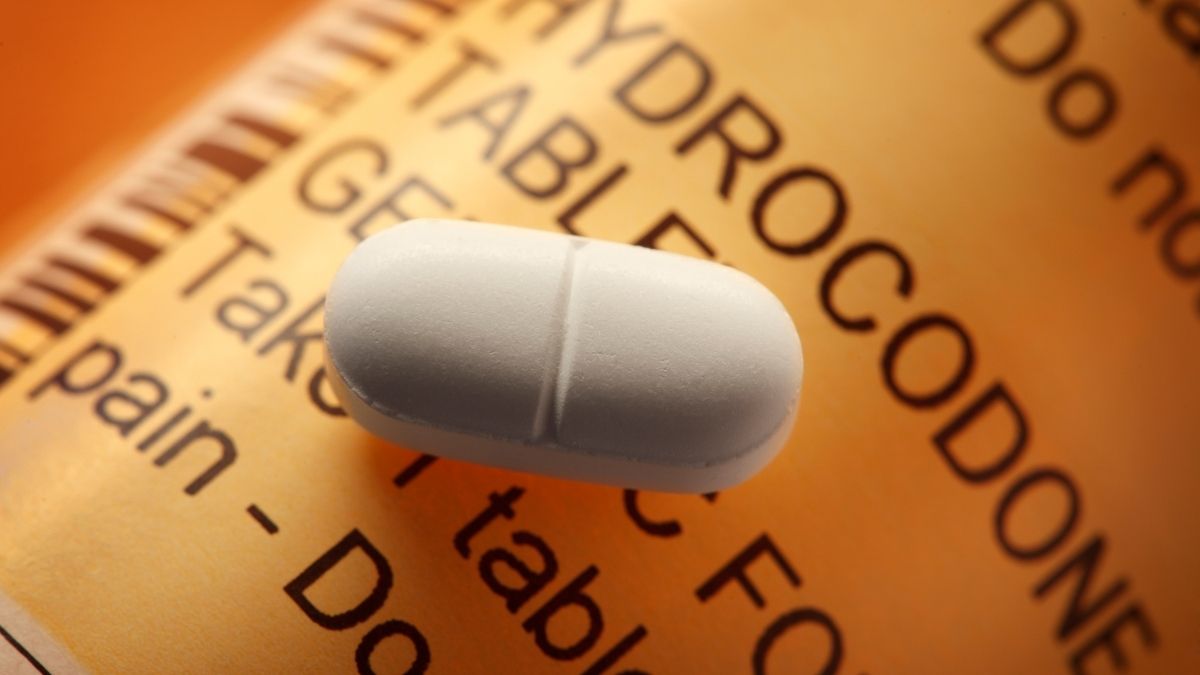Alcohol and prescription medication do not mix together - it can even be a dangerous combination. The same goes for antibiotics and alcohol, as the unique antibiotics and alcohol interactions can heighten the risk of severe side effects. Therefore, doctors often suggest avoiding alcohol when you are taking antibiotics.
In this article, we will answer the question as to can you drink alcohol while taking antibiotics, the safety of mixing alcohol with antibiotics, and how alcohol can impact antibiotics' effectiveness.
Can You Drink Alcohol With Antibiotics?
When you drink alcohol while taking antibiotics, the antibiotics and alcohol interactions can lead to severe side effects. In fact, it is recommended not to take alcohol while on certain antibiotics, such as (but not limited to):
- Cefoperazone
- Cefotetan
- Griseofulvin
- Isoniazid
- Ketoconazole
- Linezolid
- Metronidazole
- Tinidazole.
We shall explore the more risky antibiotics and their interactions with alcohol in more detail further below.
Call Design for Recovery to Begin Your Healing Journey!
Reach out to our team to discuss sober living options and next steps toward a healthier routine.
How Alcohol Affects Antibiotic Effectiveness?
Antibiotics are mainly prescribed to fight infections in your body, and alcohol does not typically hinder the effectiveness of antibiotics in fighting infections. However, alcohol is metabolized in the liver and broken down by certain liver enzymes, and the very same enzymes also metabolize medication like antibiotics. So, how often and how heavily you consume alcohol can affect how antibiotics are broken down by your body. If you consume alcohol regularly, then these enzyme levels are already high, so the antibiotic is broken down more quickly in the body. Even as the levels of antibiotics in the blood rise, they may not be as effective, and antibiotic resistance is also a possibility.
Therefore, it is always good to avoid antibiotics and alcohol interactions. This is not limited to the alcohol you drink; it even means avoiding alcohol-related products present in your food or other items you may consume.
Furthermore, alcohol in itself has certain side effects that can decrease the effectiveness of antibiotics. For instance, alcohol can hinder your digestion, sleep-wake cycle, and energy levels. These factors impact the body’s ability to fight an infection, so it can delay the healing process for which you consume antibiotics.
To be on the safer side, always have an open conversation with your doctor or pharmacist regarding any interaction an antibiotic may have with liver enzymes and other substances, like alcohol. Depending on what your doctor has to say, follow their instructions to a tee.
Common Side Effects of Combining Alcohol and Antibiotics
The most common side effects of combining alcohol and antibiotics are as follows:
- Headaches
- Vomiting
- Diarrhea
- Flushing of the skin
- Sweating
- High blood pressure
- Irregular heartbeat.
Sometimes, mixing alcohol with certain substances like antibiotics can lead to an increased concentration of acetaldehyde - a toxic byproduct of alcohol metabolism. This leads to an unpleasant response known as a “disulfiram-like reaction,” which looks something like this:
- Vomiting
- Flushing of the skin
- Headache
- Abdominal cramps
- Rapid heart rate
- Chest pain
- Difficulty in breathing.
As antibiotics are only prescribed for a week or two, it does not take long for these side effects to go away. Most go away on their own. However, in some cases, you may need to contact your doctor or emergency providers, as it can lead to severe risks.
Contact Design for Recovery Today!
Fill out our quick form to connect with a peer mentor and learn how our sober living community supports accountability, structure, and personal growth in recovery.
Which Antibiotics Are Most Risky With Alcohol?
Here is a list of antibiotics that can lead to severe reactions when consumed with alcohol:
| Medication | Upon Mixing With Alcohol | Recommendation |
| Cefotetan | Disulfiram-like reaction. | Avoid during and 3 days post-treatment. |
| Cycloserine | Central nervous system (CNS) toxicity, seizures. | Do not use alcohol. |
| Doxycycline | Reduced effectiveness with chronic alcohol use. | Check with your doctor before drinking. |
| Erythromycin Ethylsuccinate | Delayed absorption. | Avoid alcohol. |
| Ethionamide | CNS toxicity possible psychosis. | Avoid alcohol; consult with your doctor. |
| Isoniazid | Liver toxicity, neuropathy. | Avoid or limit alcohol; B6 may be advised. |
| Ketoconazole | Disulfiram-like reaction, liver toxicity. | Do not drink alcohol. |
| Linezolid | Risk of hypertensive crisis, CNS effects. | Avoid alcohol, especially tyramine-rich drinks. |
| Metronidazole | Severe reaction: nausea, flushing, psychosis risk with disulfiram. | Avoid during and 3 days post-treatment. |
| Nifurtimox | Severe disulfiram-like reaction. | Strictly avoid alcohol. |
| Pyrazinamide | Liver toxicity risk. | Use caution, especially with liver issues. |
| Rifampin | Increased liver toxicity, fatal risk. | Avoid alcohol completely. |
| Sulfamethoxazole/ Trimethoprim | Mild reaction: flushing, nausea, fast heartbeat. | Consult with your doctor before combining. |
| Thalidomide | Increased risk of confusion and sedation. | Avoid or limit alcohol. |
| Tinidazole | Disulfiram-like and CNS effects. | Avoid during and 3 days post-treatment. |
When to Seek Medical Help After Drinking on Antibiotics?
As we mentioned before, most of the side effects resulting from antibiotics and alcohol interaction go away on their own. But in some cases and with certain antibiotics, one may experience more severe side effects, such as:
- Fever and shivering
- Swelling in the joints
- Joint pains
- Rashes
- Bleeding
- Loss of appetite
- Fatigue
- Abdominal pains
- Dark colored urine
- Pale colored stools
- Yellowing of the eyes and skin.
These may be signs of liver damage, which happens in the case of heavy and chronic alcohol consumption. This must be treated as a medical emergency, and you need to contact emergency providers like 9-1-1 immediately.
Tips to Avoid Complications When Taking Antibiotics
Antibiotics are very effective in fighting infections and allow your body to heal. Yet, these medications can also lead to certain complications, which you need to avoid. So, here are some practical tips you can follow if you have just been prescribed antibiotics:
- Take antibiotics only as prescribed by your doctor. Do not self-medicate or adjust the dosage on your own.
- Finish the entire prescribed course of antibiotics. Otherwise, your treatment will be incomplete and ineffective.
- Antibiotics can lead to some unpleasant side effects like vomiting and diarrhea, in which case you can take probiotic foods or supplements. However, speak with your doctor first.
- Abstain from alcohol, as antibiotics and alcohol interactions can lead to severe side effects.
- Consult your doctor if you experience severe side effects.
- Can You Drink Alcohol With Antibiotics?
- How Alcohol Affects Antibiotic Effectiveness?
- Common Side Effects of Combining Alcohol and Antibiotics
- Which Antibiotics Are Most Risky With Alcohol?
- When to Seek Medical Help After Drinking on Antibiotics?
- Tips to Avoid Complications When Taking Antibiotics
Begin Lasting Sobriety Now!
Frequently Asked Questions
No, it is not generally recommended to drink alcohol while taking antibiotics, as this combination can lead to some severe side effects.
If you drink alcohol while taking antibiotics, it does not necessarily decrease the effectiveness of the antibiotics, but it can lead to some unpleasant side effects.
Antibiotics like cefotetan, cycloserine, doxycycline, erythromycin ethylsuccinate, ethionamide, isoniazid, ketoconazole, linezolid, metronidazole, nifurtimox, pyrazinamide, rifampin, sulfamethoxazole/trimethoprim, thalidomide, and tinidazole can have dangerous reactions with alcohol.
Alcohol hinders digestion and the sleep-wake cycle, among other things, which can adversely impact the body’s ability to heal when on antibiotics.
Yes, drinking alcohol can worsen antibiotics' side effects.
Most side effects resulting from antibiotics and alcohol interactions subside on their own. However, if you experience more severe side effects, then contact your doctor or emergency providers at 9-1-1 immediately.
https://www.nhs.uk/conditions/antibiotics/interactions/
https://www.drugs.com/article/antibiotics-and-alcohol.html
https://www.bbc.com/future/article/20130917-truth-about-drink-and-antibiotics







Written By
David Beasley